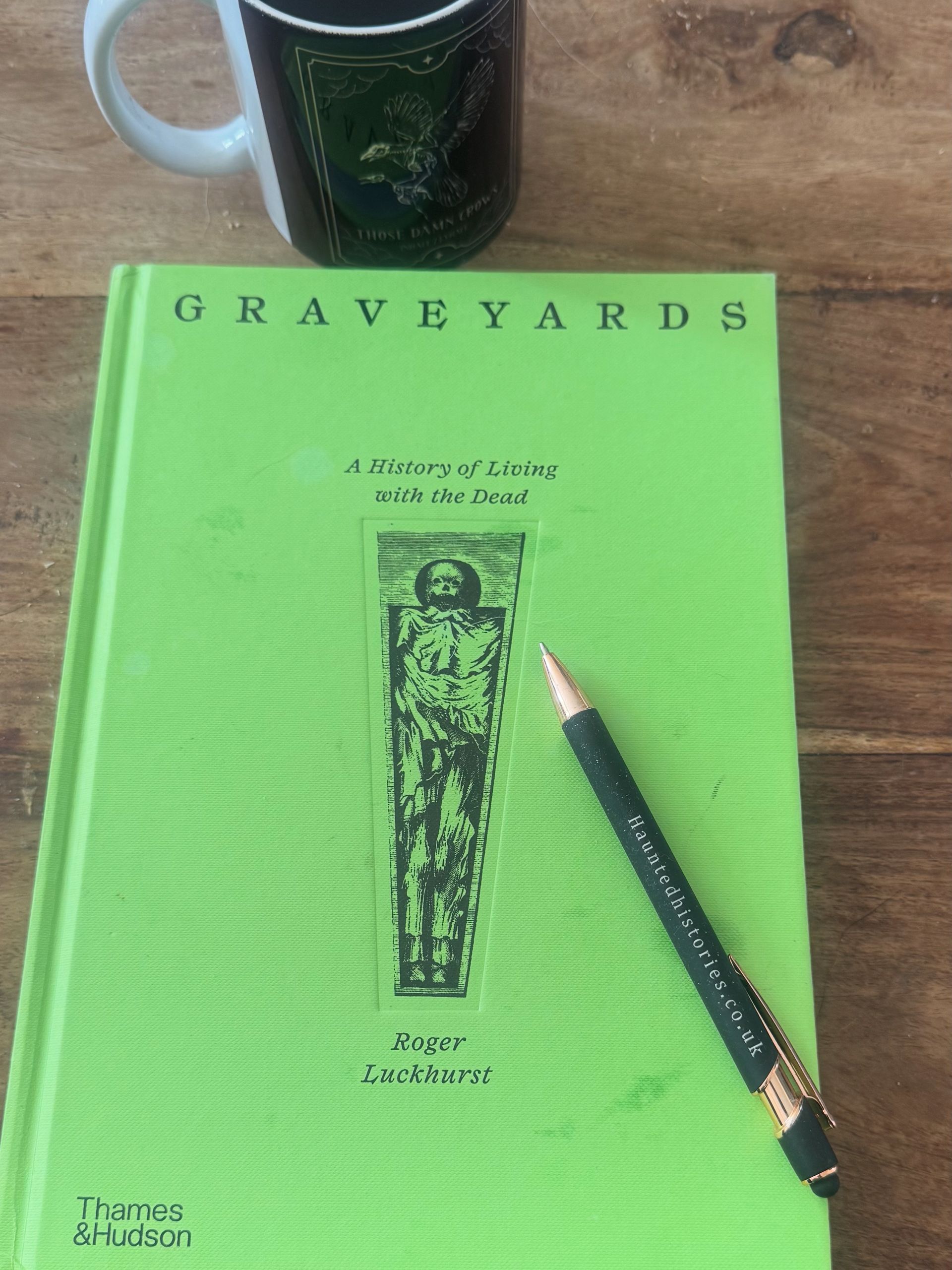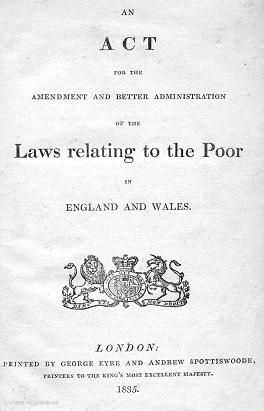And the Emperor played on...

On 9th June 68AD, Emperor Nero Claudius Caesar Augustus Germanicus took his own life, the blade at his throat guided by his loyal assistant (and freedman) Epaphroditus rather than face the ignominy of being stripped and beaten to death due to his newly decreed status as being an enemy of the state by the Roman senate.
Based on some of the well- trodden historical roads that have been travelled by biographers of Roman history such as Suetonius and Tacitus, any type of violent and unnatural death was exactly what this supposedly hated tyrannical leader deserved and nothing more.
But is this fair?
There are so many figures in history who have been maligned by the writers after that you would think they were the devil incarnate whilst they were alive, Richard III, Queen Mary I, Catherine the Great even Vlad the Impaler, but when you start to dig into the time in which they lived, the danger they were constantly facing, then it makes it a lot harder to castigate them for their actions. What I mean by this is I read an article recently that discussed how awful Catherine the Great was, the author was both disgusted and horrified that during a bout of pleurisy she had consented to bloodletting…how absolutely heinous of her!
And yes, I am being sarcastic, another cause of complaint was when Catherine decided to read and better her brain when bored with her marriage, well banish her to a deserted island for that abhorrent act.
Anyway, Nero. I like so many others naïve of the intricacies surrounding his reign thought that he was a vicious killer, slaughtering wives, walking around the city of Rome under cover of darkness and murdering unsuspecting city folk, tossing their bodies in the sewers like common garbage, not to mention starving the locals of the proceeds of taxation and erecting extravagant buildings to benefit him and him alone. Not to mention his dislike of Christians, burning them as human candles, but as with so many things, there is doubt being cast on that by modern day scholars who study that time.
When I visited Rome in 2018, we were lucky enough to have a tour of the infamous colosseum and what was even more fortunate for a total history nerd like myself was that our guide was a working archaeologist (her current project at the time was at Pompeii). When she was showing artists images of the area around the colosseum she mentioned Emperor Nero, and how he had envisaged a place for the common people (as opposed to nobility) to enjoy themselves. Being the inquisitive pain in the backside that I am, I asked her what people thought of Nero as my knowledge was he was a narcissistic murdering sex addict who just wanted to party and write poetry rather than rule. Fortunately, she was not offended at my portrayal and said that current research was actually painting him more as a hero of the average Roman, and that in the areas surrounding Rome he was adored as opposed to vilified. It seems that many of the senate were the problem here, not happy with the fall of Rome as an oligarchy and its transference into an empire with an all powerful individual at its lead.
The area that the huge palace – the golden house – and the accompanying buildings were due to occupy was devastated by the Great fire of Rome in 64AD, the very same one that the line “Nero fiddled while Rome burned” is meant to have originated from. The fact that he was around thirty miles away when the inferno blazed, did not stop those with an agenda (again, the upper classes) blaming him and insinuating that he had the fire started deliberately to clear the area so this could all be built.
Conveniently ignoring the fact that closely situated wooden constructs were catching fire on a regular basis and it was not an isolated incident.
When he returned to Rome, blame for the destruction was levied by him on Christians, and this is where the “Roman torch” method of execution is said to have been devised, and whilst I do not condone murdering people for their religious beliefs, one only has to look at the number of assassinations and deaths that happened during the empires existence to see that nothing was off limits.
This is a man whose own mother married her uncle and then after finagling her son into the line of succession, is said to have killed her husband.
Roman laws denoted that death by execution could be comparable to the crimes which a person had been charged with. Even with the absolute kangaroo courts that would have found the Christians guilty of burning down the city of Rome, killing hundreds of people and making many thousands homeless – oh yes, there is evidence that Nero opened up his palaces as shelter for those who had lost everything – then being incinerated alive would have been viewed as acceptable punishment.
Historians like Suetonius (who was not born until at least a year after Nero’s death) and Tacitus (around ten when the emperor died) have written in scathing contempt of Nero’s rule, one does wonder if their depiction of his life is painted as deliberately revolting to appease the new leaders of the Roman empire, I mean do we really think he raped a vestal virgin?
Whilst his death at the age of only 30, and having ruled the empire for thirteen years may still to some be seen as no big deal, and there are certainly elements of his (and other Romans, he was not an isolated case) behaviour which in modern day eyes is most definitely loathsome, I want you to question what you believe you know about these people.











